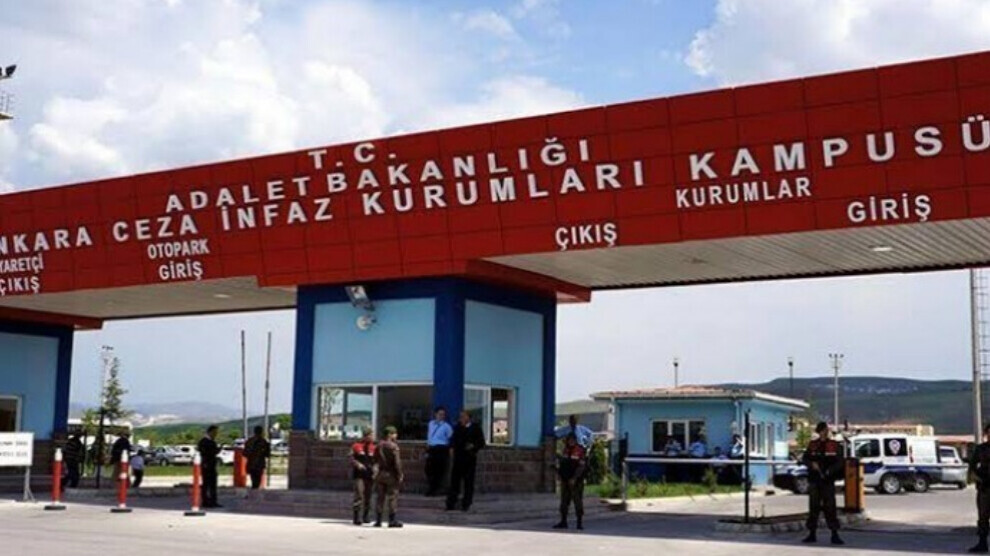Four prisoners deported in haste
Prisoners Mehmet Aytunç Altay, Hasan Yıldız, Suat Incedere and Eren Yıldız, who were held in Edirne F Type Prison and in the same cell, were hastily deporte d to other prisons at midnight on Wednesday.
Prisoners Mehmet Aytunç Altay, Hasan Yıldız, Suat Incedere and Eren Yıldız, who were held in Edirne F Type Prison and in the same cell, were hastily deporte d to other prisons at midnight on Wednesday.

Mehmet Aytunç Altay, Hasan Yıldız, Suat Incedere and Eren Yıldız, who were imprisoned in Edirne F Type Prison and were in the same cell, were hastily deported to other prisons at midnight on Wednesday.
Mehmet Aytunç Altay was sent to Izmir Kırıklar No. 2 F-Type Prison, Hasan Yıldız to Kırıklar No. 1 F-Type Prison, Eren Yıldız to Antalya High Security Prison, and Suat Incedere to Antalya S-Type Prison.
Speaking about the deportation, Eren Yıldız's guardian, lawyer Gülizar Tuncer, said that the prisoners did not demand to be transferred. “All four of the detainees were staying in the same cell. There was a cell raid last week. During the raid, all their belongings were dispersed, handwritten notes and books were confiscated. These 4 detainees have been convicted for nearly 30 years. Their trials are over, their sentences have been finalized, and they no longer have to be in court. These people are not sent to prisons close to where their families are, but to prisons as far away as possible, thousands of kilometres away. But this is not enough. They aggravate the isolation of these prisoners by blocking family and lawyer's visits, by making them more difficult."
The state wants to “socialize” torture
Pointing out that the state wants to “socialize” the oppression and torture experienced by the prisoners by including their families in it, Tuncer said: “Most importantly, recently, the state has been torturing both during the detention process and in prisons. Unfortunately, the opposition is silent. The sentence of deported Aytunç Altay and other deported prisoners is ending, but even though they have completed their tariff they are not released. They were tried and punished for crimes. And they are not released because of those sentences. These 4 detainees are constantly given disciplinary punishments so as to extend their sentences. At the moment, we do not have any information about what they were exposed to on the way during this deportation process.”